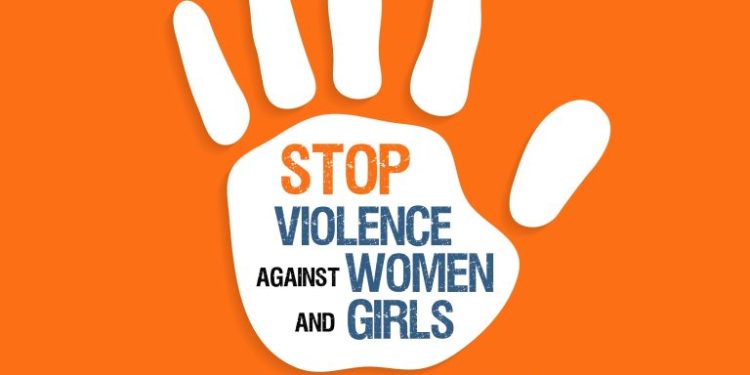“I am staying in this marriage because of my children” or “I am enduring this brutality from my spouse for the sake of my children.” These are common phrases you hear from many women trapped in abusive relationships.
Yet, the reality is that many of these women suffer greatly at the hands of their partners—some even lose their lives, while others are left maimed, with children who are now motherless.
At the heart of this crisis is the lack of economic empowerment. Many victims are not in a position to leave abusive relationships because they are financially dependent on their partners. They endure the violence, often at great personal cost, because they see no other option.
A UN 2023 report reveals that almost one in three women aged 15-49 in Nigeria has experienced physical violence. According to UN Women, every 10 minutes in 2023, a woman or girl was killed by a partner or family member.
The root causes of domestic violence in Nigeria are multifaceted, including factors such as economic inequality, religious beliefs, cultural norms, and patriarchal systems etc. However, these factors often leave women trapped, unable to escape the cycle of abuse.
How Can Women Be Protected?
Nigeria is a deeply religious country, and religious leaders hold significant influence over their followers. For many women, the guidance of religious leaders can be the deciding factor in whether they stay in or leave an abusive relationship. Sadly, some women continue to endure violence due to religious teachings that encourage patience, prayer, and tolerance, often advising them to “stay and pray” instead of seeking help or protection.
While the stories of high-profile domestic violence victims sometimes gain traction in the media, there are many more women whose suffering goes unnoticed. They are the silent victims whose pain is never shared, and whose stories are never told.
When these women turn to religious leaders for help, the response is often one of patience and tolerance. While counselling and prayer are important, they are not enough when a woman’s life is at risk. In fact, in some cases, religious advice to “endure” can inadvertently condone the violence.
A Critical Call to Action
In 2023, 60% of global homicides were committed by partners or family members, according to UN Women. Many of these women remain in abusive relationships not because they want to, but because they have no alternative. They lack the financial means to rent accommodation, provide for their children, or return to their families. They are left vulnerable, trapped in a cycle of abuse with nowhere to turn.
This is where religious organizations can play a pivotal role. There is an urgent need for religious bodies across Nigeria to establish shelters for women facing domestic violence. These shelters can provide a temporary safe haven for survivors, offering them protection, counselling, and, most importantly, a pathway to economic independence through skill-building programmes.
By providing these shelters, religious organizations can give women the support they need to rebuild their lives. Shelters offer a space for physical and emotional healing, ensuring that survivors and their children are safe from further harm. More importantly, they can empower women with the skills and resources to become financially independent, reducing their reliance on abusive partners.
It is time for religious bodies in Nigeria to come together and take action. They must stand against domestic violence, not only by speaking out but by offering tangible support to those in need.
A Call for Unity and Action
The crisis of gender-based violence is urgent. There is no excuse for violence against women and girls. As Nigeria joins the global community to mark the 16 Days of Activism Against Gender-Based Violence, religious leaders must UNITE in the fight against this monster. By providing shelters, advocating for an end to abuse, and fostering zero tolerance for violence, religious organizations can be a powerful force for change.
The time for action is now. We cannot wait any longer. Let’s work together to end the cycle of abuse and ensure that every woman and girl has the opportunity to live a life free from violence.

